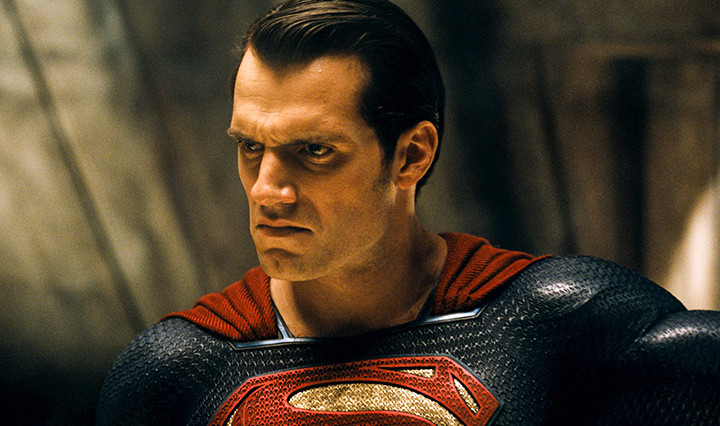
For the most part, brevity is a virtue of cinema. Being able to say something profound in the least amount of time is a great way of distilling it down to its purist essence. Many films, especially blockbusters, are bogged down with filler scenes which add nothing except minutes to the experience. Howard Hawks sums it up well when he says that a good movie is “three good scenes and no bad scenes”.
In some rare cases however, some films are simply too short, not giving the audience the opportunity to really get a hold on the material. Length and theme are intrinsically linked — its why, for the most part, comedies are shorter than dramas. But some films, which tackle rather serious topics or introduce us to new and exciting places, leave the audience wanting more due to their relatively short running time.
Below is a list of films that I believe could’ve benefited from being longer. Whether it is a case of tying up confusing plot elements, allowing the audience to be further immersed in the unique cinematic world, tackling different elements that would make the story stronger, or allowing the narrative space to breathe, these 10 films — some of them great — all could’ve been improved if they’d had a more generous runtime that truly complemented their themes. Do you think that we missed something? Or do you think that we’re totally wrong? Please sound off in the comments below.
1. Cold War (Pawel Pawlikowski, 2018)
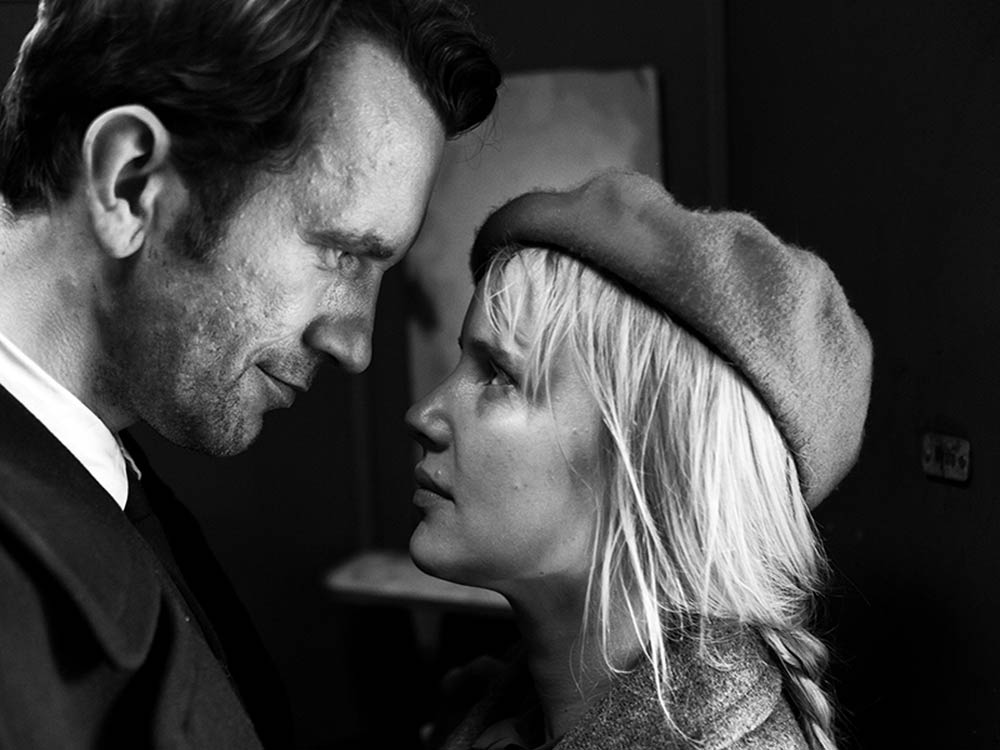
Spanning 15 years across three different countries, the tumultuous relationship between musicians Wiktor (Tomasz Hot) and Zula (Joanna Kulig) has a true Dr Zhivago-esque vibe. But while Dr Zhivago was over three hours long, Cold War is a mere 85 minutes.
Featuring ambitious jumps in time and predominantly wordless audio-visual storytelling, Cold War is the work of a truly intelligent director that knows exactly what he is doing with each movement of the camera. Yet the motivations behind the two central characters are a complete mystery, leading to bizarre decisions that are presented like the inevitability of fate despite us not knowing why they happen.
While the film should be lauded for not spelling out everything and allowing the images to speak for themselves, its final ending is more bizarre than genuinely moving. If there were only a couple of extra scenes allowing us to see what really makes these characters tick, then Cold War could’ve been a stone cold masterpiece. Instead it’s more baffling than truly heartrending.
2. The Grand Budapest Hotel (Wes Anderson, 2014)
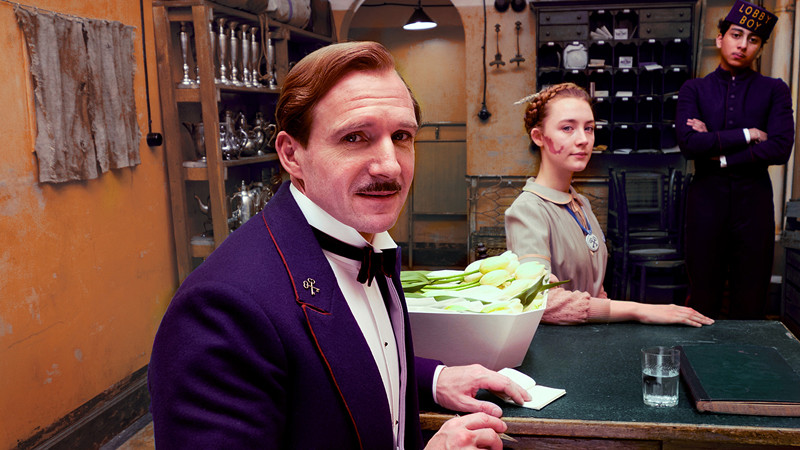
Wes Anderson’s films are known for their brevity, with not a single one lasting over two hours. A primarily comic director, his films zip along rather nicely. But with The Grand Budapest Hotel, his most successful film so far, he creates such a unique and visually interesting world that its a shame we only get to spend 100 minutes in it.
The hotel is one of the most interesting places in cinema. Inspired by the hotels of Central Europe, especially Eastern Germany and the Czech Republic, he uses a gorgeous colour palette of pink, blue and purple to really bring the fictional kingdom of Zubrowka to life.
Instead of allowing us to really see every nook and cranny in his obsessively designed hotel, Anderson focuses primarily on complicated plot machinations. While the story is enjoyable and visually witty, its luxurious setting is put on the back-burner in favour of wild chases and crazy schemes.
A longer length could’ve really allowed Anderson to explore the fascinating world he has created, thus helping to really stress the film’s main theme of maintaining civility in the face of encroaching barbarity.
3. Primer (Shane Carruth, 2004)
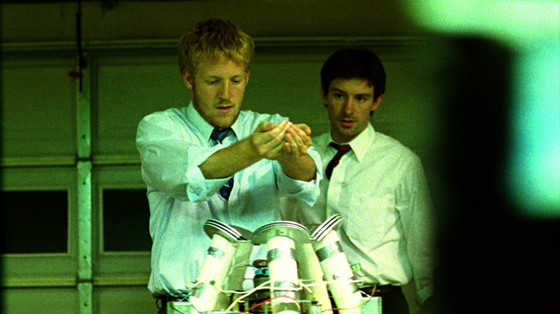
There’s two types of people in the world: people with PhDs in complex physics and people who don’t understand Primer. The low-budget time travelling movie pulls no punches in its maddening complexity, coming the closest of any film to really grappling with the paradoxical nature of time travel.
For the casual viewer however, Primer is nearly impossible to understand, its characters speaking completely in mathematical terms that require either some form of higher education to really get a grasp of.
Running only 77 minutes on a budget of only $7,000 dollars and all directed, produced, written, scored and edited by its co-star Shane Carruth, it is a truly singular film. But would it have hurt if Carruth extended the runtime a little longer just to explain to the audience what the hell is actually going on?
Exposition is a necessary evil in many a time-bending or science-fiction heavy movie, allowing the audience to digest complex ideas with simple metaphors. While Carruth was probably afraid of dumbing down the actual truth of what he was trying to represent, it leaves the audience scratching their heads at the numbing complexity of everything going on. By giving the viewer nothing to hold onto, Primer is more of an academic experience than a truly enjoyable one.
4. Detour (Edgar G. Ulmer, 1945)
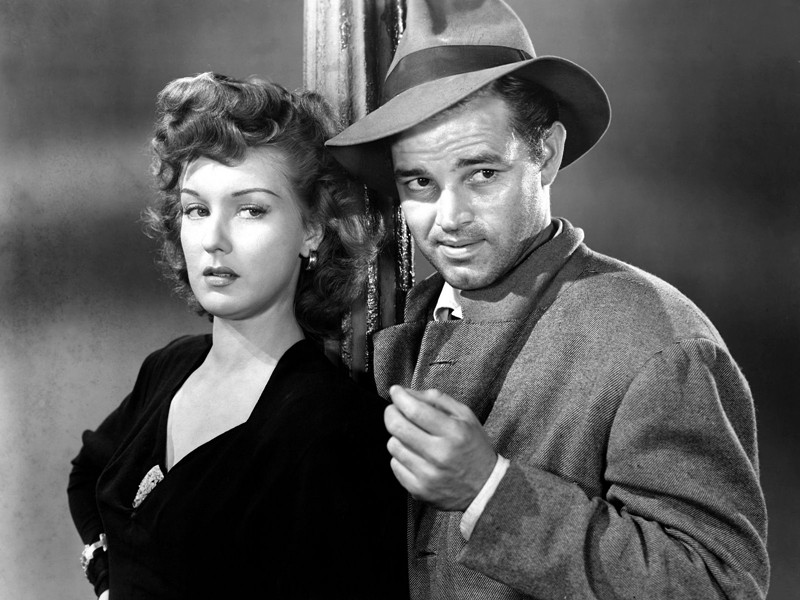
Perhaps the quintessential film noir, Detour’s images are part of the very fabric of B-movie cinema. Nobody making the movie had any idea of the acclaim it would later receive. Shot in only a few days and on a budget of $100,000, it shows how much you can do with just a few camera tricks and the right editing. Depicting the story of a nightclub pianist in love with a cocktail singer who travels to California, meeting a strange woman along the way, its imperfections only add to his warped psychological perspective.
Yet the film was cut down from a much longer shooting script. It would be fascinating to see the extended cut, considering how alluring the film is. While the original is an undeniably great film standing by itself, a longer cut may have added to its intriguing vibe, allowing us to learn more about its central two characters.
5. L’Atalante (Jean Vigo, 1934)

Often considered one of the greatest films of all time, L’Atalante’s influence can be seen on directors as diverse as Francois Truffaut, Emir Kusturica and Bernardo Bertolucci. Telling the story of a river barge captain who travels across France with his wife and six cats, it is the quintessential proto-New Wave film. A truly affecting love story, it evokes the life of the barge dweller with great romanticism, shooting on location when most directors were still shooting in the studio.
It is a film more about moments than plot, evoking specific times in love rather than imposing anything exterior upon the central couple’s relationship. This gives it the vibe of a true classic, one whose images lodge long in the mind well after the film has ended. Running 89 minutes — before it was restored in 1990, it was shown at 65 minutes — its visuals amaze but its character work is still paper-thin. If it had a little more time to really dig into their motivations, it could’ve been even more affecting.